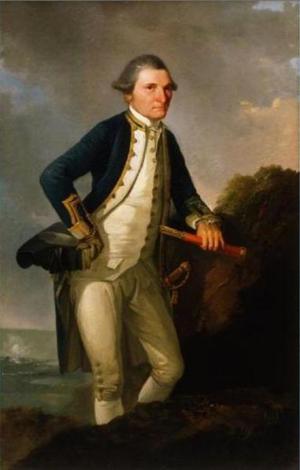Francisco Our Little Argentine Cousin
Nonfiction, Religion & Spirituality, New Age, History, Fiction & Literature| Author: | Eva Cannon Brooks | ISBN: | 9781465582706 |
| Publisher: | Library of Alexandria | Publication: | March 8, 2015 |
| Imprint: | Language: | English |
| Author: | Eva Cannon Brooks |
| ISBN: | 9781465582706 |
| Publisher: | Library of Alexandria |
| Publication: | March 8, 2015 |
| Imprint: | |
| Language: | English |
If you take a steamer in New York whose destination is the eastern coast of South America, and remain on it a little over four weeks, you will reach the great metropolis of our twin continent, Buenos Aires. In all probability they will be weeks of infinite content and delight, for the southern half of the Atlantic Ocean is milder in her moods than the northern half, and there will be a sufficient number of stops en route to relieve the journey of monotony. First comes the Barbadoes, then Pernambuco, Bahia, Rio-de-Janeiro, and Santos in Brazil, and then Montevideo, the capital of the Republic of Uruguay. At Montevideo the steamer leaves the ocean and enters the mouth of the River Plata, which is several hundred miles wide at this point, and in ten hours the beautiful city of Buenos Aires, the gate-way to the Pampas, is spread out before the eye. It is more like a city of North America than any of the South American metropolises, both in its appearance and its remarkable spirit of modernization. Beyond, and about this attractive port, lie great tracts of level country known as the campo, and here you will find conditions not unlike those existing in some parts of our own western territory. Large ranches predominate, although the industries are varied. The people are of mixed nationalities, but the greater proportion is of Spanish extraction and a new race, or type, is being welded with a sufficient infusion of Anglo-Saxon blood to counteract the inherent tendency of all Latin racestowards procrastination. Because of this, and aided by an unequalled climate, a fertile soil, and definite aims, they are already achieving a part of their manifest destiny.
If you take a steamer in New York whose destination is the eastern coast of South America, and remain on it a little over four weeks, you will reach the great metropolis of our twin continent, Buenos Aires. In all probability they will be weeks of infinite content and delight, for the southern half of the Atlantic Ocean is milder in her moods than the northern half, and there will be a sufficient number of stops en route to relieve the journey of monotony. First comes the Barbadoes, then Pernambuco, Bahia, Rio-de-Janeiro, and Santos in Brazil, and then Montevideo, the capital of the Republic of Uruguay. At Montevideo the steamer leaves the ocean and enters the mouth of the River Plata, which is several hundred miles wide at this point, and in ten hours the beautiful city of Buenos Aires, the gate-way to the Pampas, is spread out before the eye. It is more like a city of North America than any of the South American metropolises, both in its appearance and its remarkable spirit of modernization. Beyond, and about this attractive port, lie great tracts of level country known as the campo, and here you will find conditions not unlike those existing in some parts of our own western territory. Large ranches predominate, although the industries are varied. The people are of mixed nationalities, but the greater proportion is of Spanish extraction and a new race, or type, is being welded with a sufficient infusion of Anglo-Saxon blood to counteract the inherent tendency of all Latin racestowards procrastination. Because of this, and aided by an unequalled climate, a fertile soil, and definite aims, they are already achieving a part of their manifest destiny.















